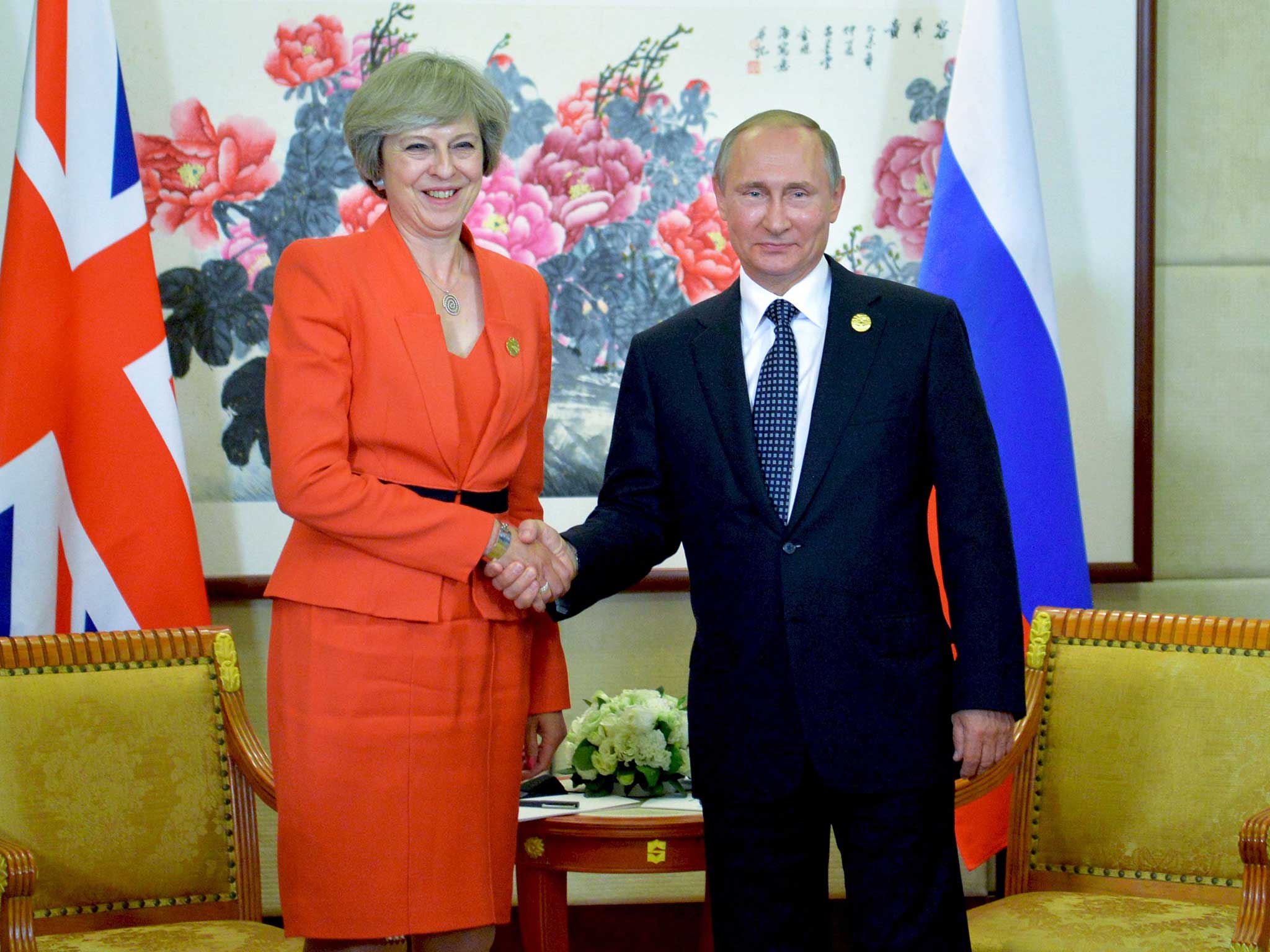How can Russia and the West move beyond the assumptions of the Cold War?
Tit-for-tat expulsions of alleged spies are better than armed conflict, but they seem a backward step to the old assumptions of a divided world

Your support helps us to tell the story
From reproductive rights to climate change to Big Tech, The Independent is on the ground when the story is developing. Whether it's investigating the financials of Elon Musk's pro-Trump PAC or producing our latest documentary, 'The A Word', which shines a light on the American women fighting for reproductive rights, we know how important it is to parse out the facts from the messaging.
At such a critical moment in US history, we need reporters on the ground. Your donation allows us to keep sending journalists to speak to both sides of the story.
The Independent is trusted by Americans across the entire political spectrum. And unlike many other quality news outlets, we choose not to lock Americans out of our reporting and analysis with paywalls. We believe quality journalism should be available to everyone, paid for by those who can afford it.
Your support makes all the difference.What was the Cold War? This is a question the BBC is asking on its website today to try to explain the history of the tit-for-tat expulsions of alleged spies by the Western allies and Russia.
It is an important question, because, so long as this week’s expulsions perform the same ritual function that they did during the Cold War, the situation is likely to be contained. These symbolic expressions of mutual disapproval are no bad thing if they are an alternative to armed confrontation rather than a prelude to it.
With US and Russian forces already engaged in Syria – not with each other, but that risk is ever-present – a mere war of words is better than the real thing. And yet different people read history differently.
Antonio Guterres, secretary general of the United Nations, responded to the Russian expulsion of 60 diplomats and closure of the US consulate in St Petersburg on Thursday by warning of the danger of escalation. He said the crisis recalled the Cold War, only without the controls and channels of communication designed “to make sure things would not get out of control when tensions rise”.
Given that direct personal communication between the US and Russian presidents continues, this seems unduly alarmist. Indeed, President Trump faced the opposite criticism when, in his phone call to congratulate President Putin on his re-election, he failed to refer to the Salisbury poisoning at all.
Indeed, if there are parallels with the Cold War, they suggest that a brief flurry of symbolic gestures will subside quickly into “normal” cool relations. That assumption has been called into question since Donald Trump’s arrival in the White House, with a more favourable stance towards Vladimir Putin than the US president’s predecessors.
Yet, despite his pro-Putin talk, Mr Trump has engaged in surprisingly anti-Putin action. He authorised strikes against Russia’s client, Bashar al-Assad, in Syria last year, to try to deter him from using chemical weapons; he has supplied anti-tank missiles to Ukraine; and this week he chose the “medium” option in the range of possible diplomatic responses to the poisoning of Sergei Skripal and his daughter in the UK.
This may be the better way round: Theresa May has pursued the opposite approach of talking tough and taking limited action. No doubt it has been a signal diplomatic triumph on her part, and on the part of the Foreign Office, to coordinate such a united Western response to the Russian outrage in Salisbury. Twenty-nine countries have expelled 145 Russian officials in solidarity with the UK. (And New Zealand said it would have taken part if it could find any spies to expel.)
But the action that might really cause the Russian president to change his behaviour would be a determined attempt to track down the hidden wealth of Mr Putin and his associates. On this, the prime minister has been less forceful.
Resorting to the mutually assured symbolic hostilities of the Cold War feels like a step backwards. Surely there must be more creative and effective ways of encouraging Mr Putin to respect international law.
Join our commenting forum
Join thought-provoking conversations, follow other Independent readers and see their replies
Comments